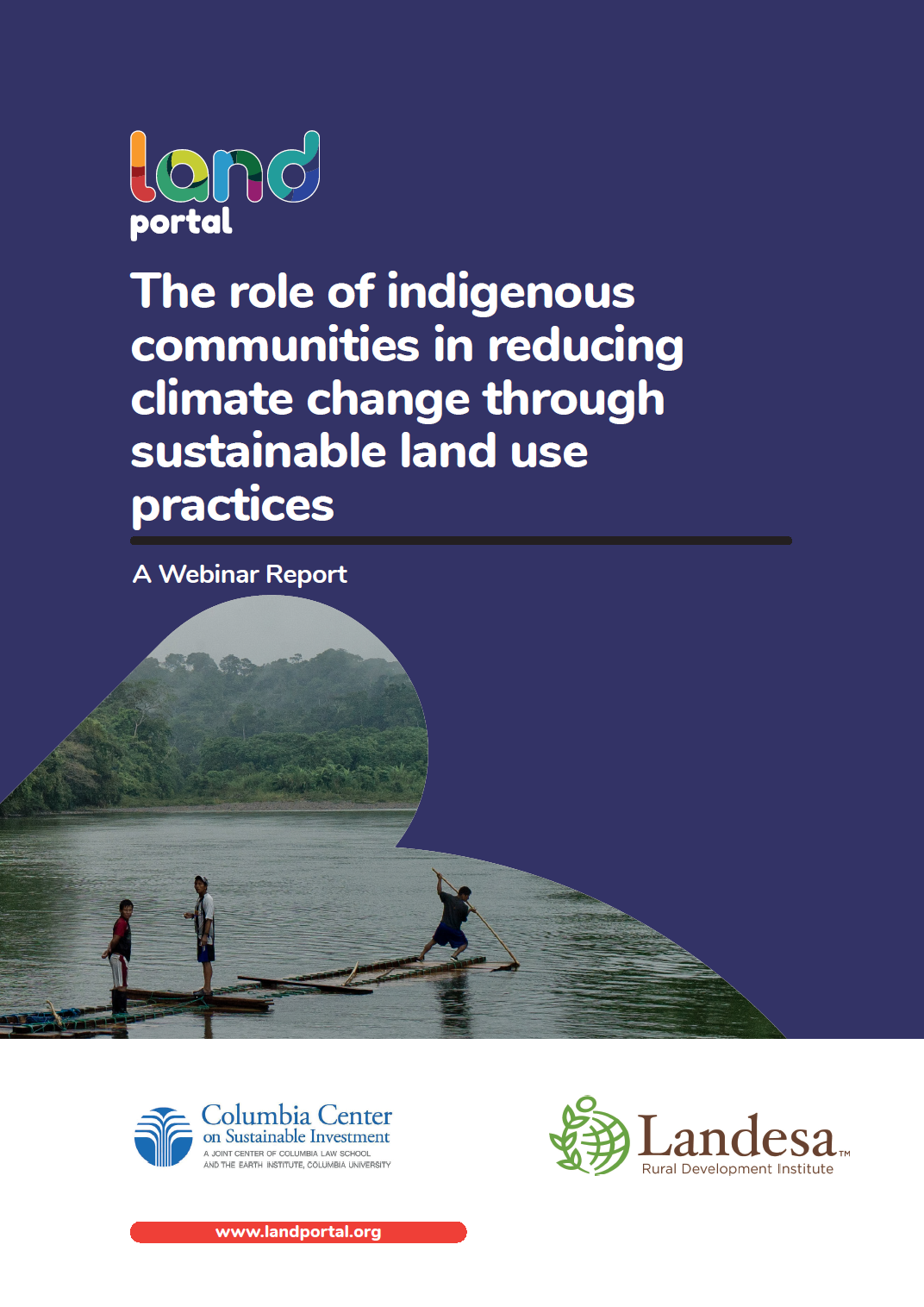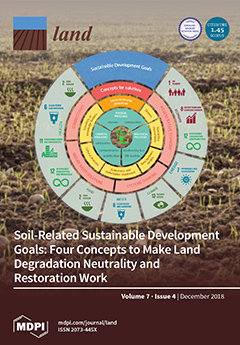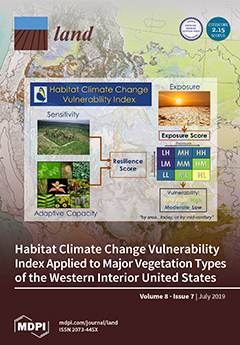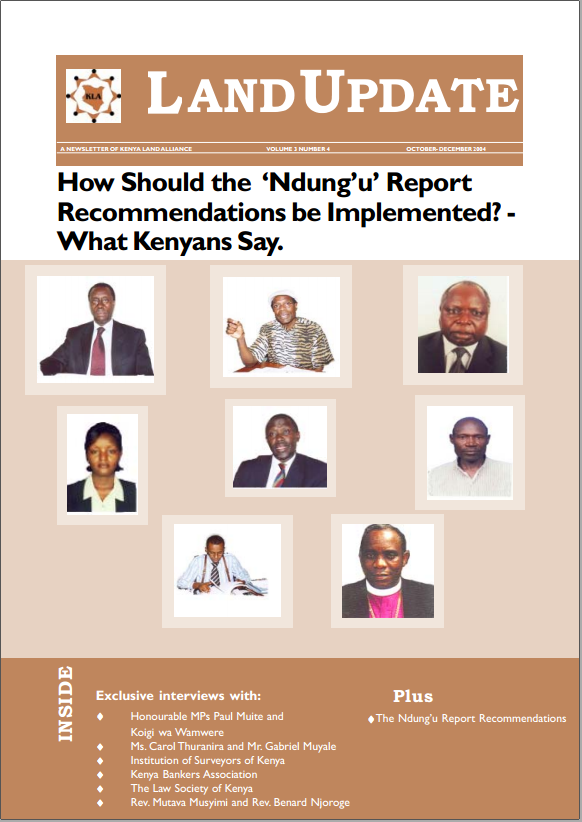Tragedy of the Commons for Community-based Forest Management in Latin America?
This paper considers the evidence surrounding the popular view that common property management regimes (CPMRs) of forest management in Latin America must inevitably break down in the face of economic and demographic pressures. The evidence shows that there have been both positive and negative experiences, with a number of policy implications. The over-riding need is to correct for institutional and policy failures which have catalysed the erosion of CPMRs.








